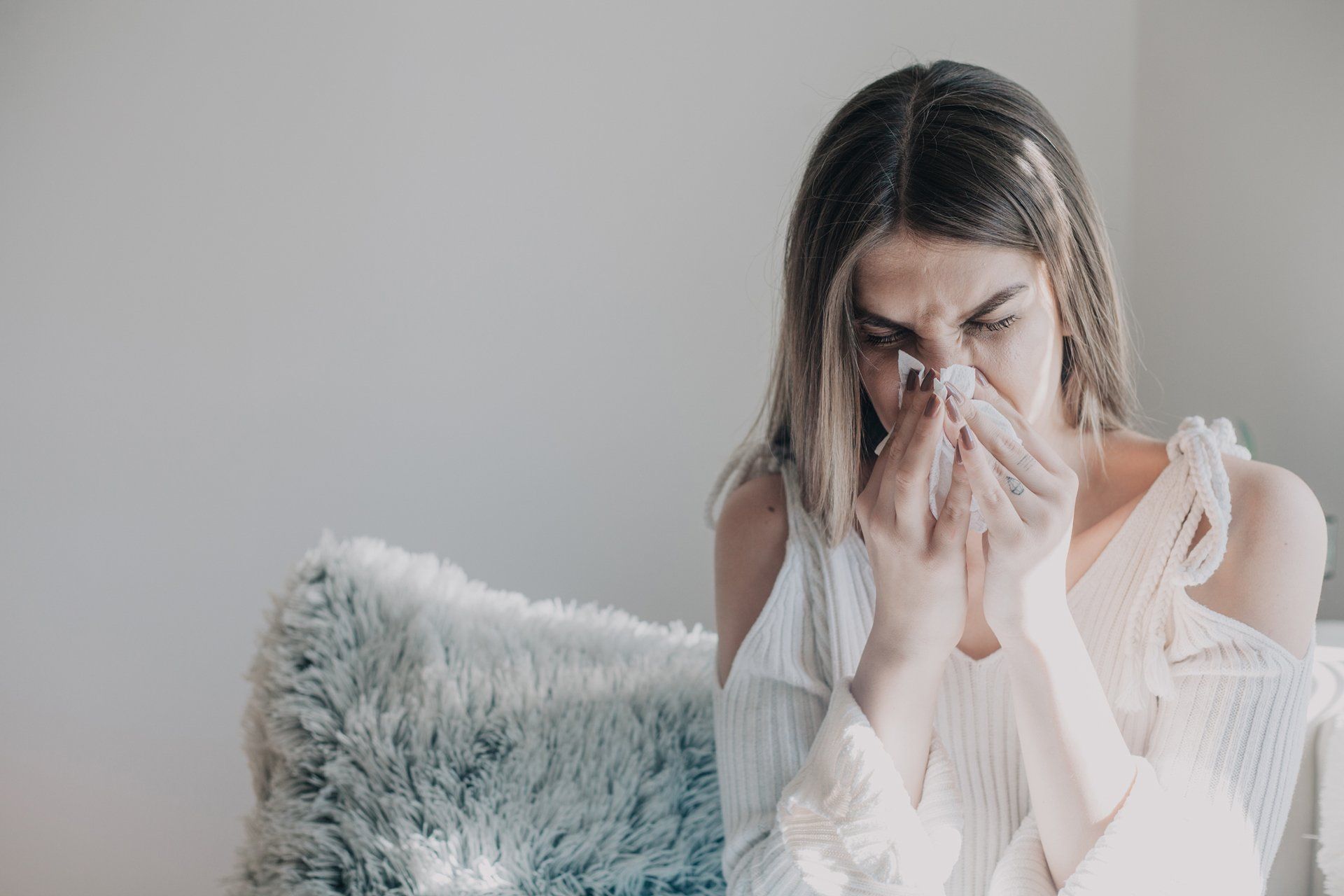4 Things You Should Know About Allergy-Related Fatigue
Allergies can cause all kinds of unpleasant, distracting symptoms, from digestive upsets and headaches to respiratory trouble and runny eyes. However, you may also have experienced another few hallmark symptoms of allergy problems: fatigue, drowsiness, and mental sluggishness.
If you have had noticeable trouble gathering your thoughts, maintaining your alertness, or even staying awake during the day, you need to understand how your allergies may create or aggravate your tiredness. Take heed of the following four key points about allergy-related fatigue.
1. Allergens Cause Biochemically Based Fatigue
An allergic reaction occurs when your immune system goes into battle by mistake, attacking a harmless substance as if it were a virus or other germ. It does this by instructing mast cells to produce antibodies for release into the bloodstream. These antibodies belong to a category known as immunoglobulin E.
In addition to immunoglobulin E, the immune system releases a substance called histamine. When both of these substances produce an inflammatory reaction in the body, you may experience a sense of tiredness alongside other, more obvious allergic symptoms.
2. Allergic Sinusitis Can Cause Brain Fog
Individuals who feel dazed and unable to think well often describe their problem as brain fog. While brain fog may occur in association with many health problems, most notably fibromyalgia, it can also occur as a side effect of a condition called allergic sinusitis.
Allergic sinusitis may resemble sinusitis caused by an infection in some respects. However, you can distinguish this condition by the presence of an itchy eyes, nose, or throat (which more commonly occurs with allergies). The symptoms of allergic sinusitis can plague you for months at a time.
In addition to the inflammatory processes created by mast cell activity, allergic sinusitis can reduce the amount of oxygen you can take in through your nose. This reduced oxygen level can interfere with your daytime mental efficiency and cognitive function.
3. Sleep Apnea and Allergies Go Together
If you suffer from allergic sinusitis, you may naturally breathe through your mouth instead of your nose. Unfortunately, while this response can help your lungs get some much-needed air, it can also create or worsen another condition known as sleep apnea.
Sufferers from sleep apnea experience airway blockages as they sleep. These blockages may interrupt sleep many times per night, leaving the sufferers to face each day in a state of fatigue. Sleep apnea may also raise these individuals' risks for heart attack, stroke, diabetes, and liver disease.
The same inflammatory reactions that produce allergic sinusitis can also cause your tonsils and adenoids to swell upwhile also drying out your sinuses. These issues can encourage sleep apnea attacks or make an ongoing case of sleep apnea more severe. It may even interfere with your ability to use a CPAP (continuous positive airway pressure) device.
4. The Wrong Allergy Medications Can Make Your Sleepiness Worse
When you desperately seek relief from nagging allergy symptoms, you may reach for any over-the-counter medications that seem to help, including antihistamines. Unfortunately, certain kinds of antihistamines induce drowsiness - not only at night but also during the day.
The nighttime sleep you get with the aid of such antihistamines may not do your brain and body much good the next morning, even if you discontinue their use during the day. Some people suffer from sleepwalking and poor sleep quality as a result of these drugs.
Fortunately, you don't have to let allergies wreck your sleep quality or your daytime productivity. Contact Allergy and Asthma Clinic of Fort Worth to schedule a consultation. We can develop a personalized treatment plan to help you control your allergy symptoms and side effects.







